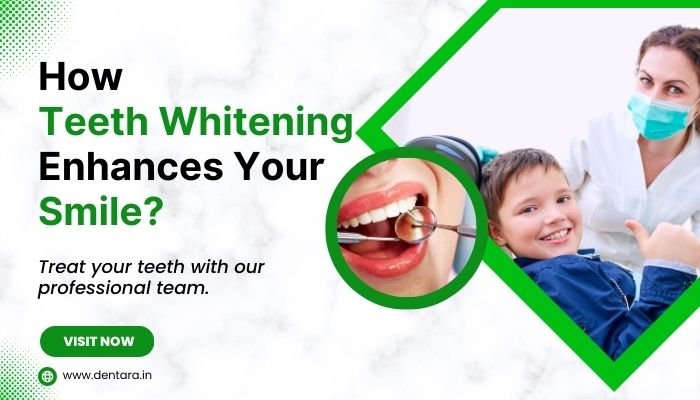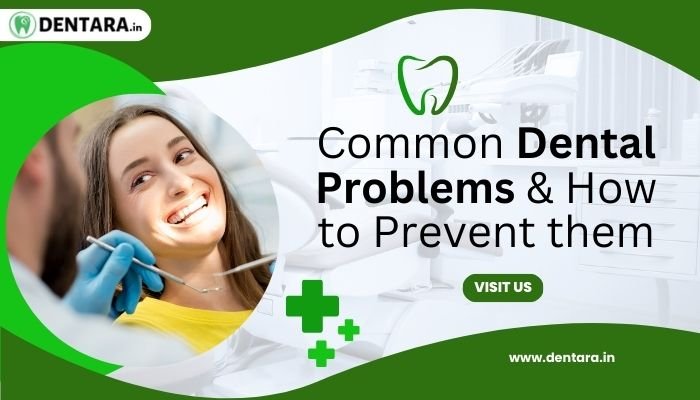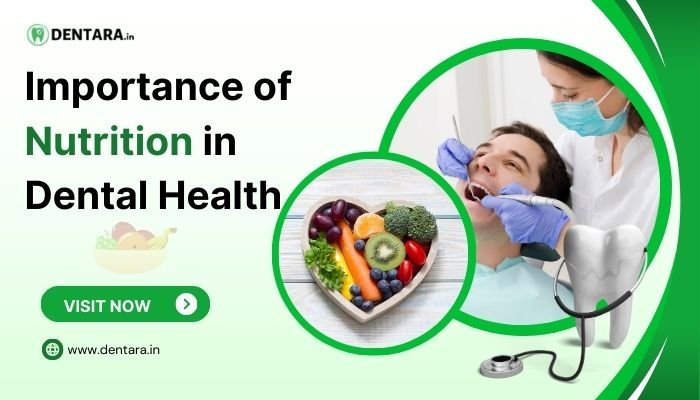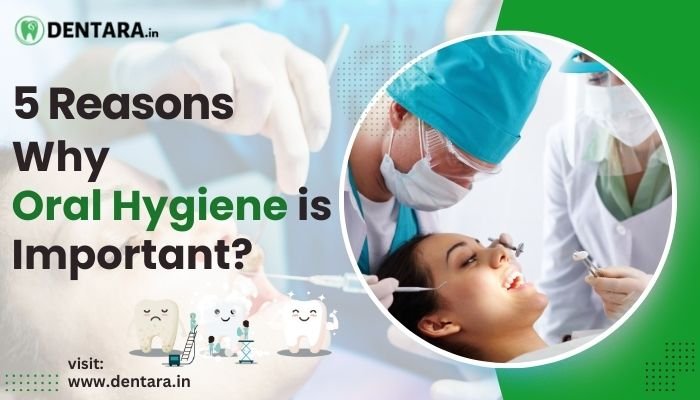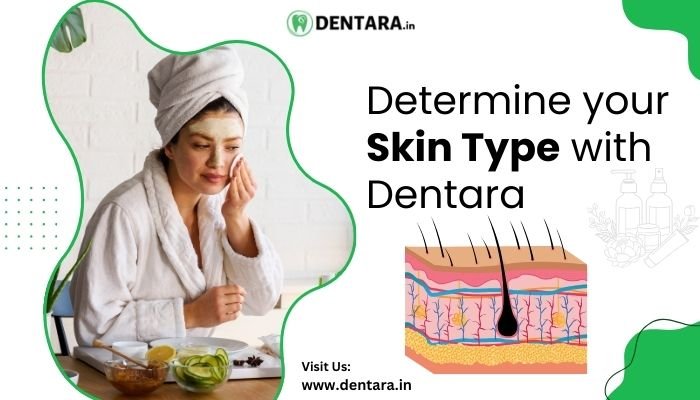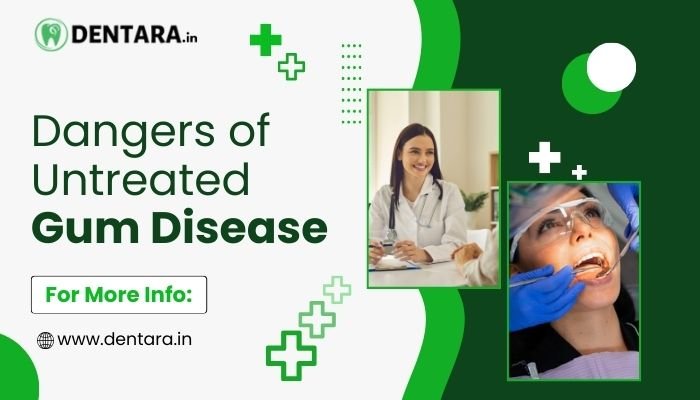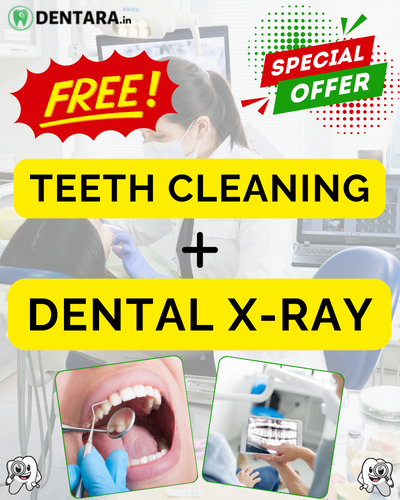The Role of Oral Care in Preventing Hair Problems
Introduction Hair problems can be a source of frustration and discomfort for many individuals, impacting self-esteem and overall well-being. From hair loss to dandruff and scalp issues, these problems can arise due to various factors, including genetics, lifestyle, and environmental factors. While most people focus on external treatments and products to address hair concerns, the role of oral care in preventing and managing hair problems is often overlooked. In this comprehensive guide, we delve into the connection between oral health and hair health, exploring the impact of oral hygiene practices, nutrition, and overall wellness on the condition of your hair. Understanding the Link between Oral Health and Hair Problems The connection between oral health and overall health has long been recognized by medical professionals. Research suggests that poor oral hygiene and certain dental conditions can contribute to systemic inflammation, which may affect various parts of the body, including the scalp and hair follicles. Furthermore, the presence of harmful bacteria in the mouth can lead to systemic health issues, such as cardiovascular disease and diabetes, which have been linked to hair loss and other hair problems. The Impact of Gum Disease on Hair Health Gum disease, also known as periodontal disease, is a common oral health condition characterized by inflammation of the gums and surrounding tissues. It is caused by the buildup of plaque and tartar on the teeth, leading to bacterial infection and tissue damage. Studies have shown a potential link between gum disease and hair loss, with researchers suggesting that the inflammation associated with periodontal disease may contribute to hair follicle miniaturization and shedding. Therefore, maintaining good oral hygiene and seeking timely treatment for gum disease may help prevent hair loss and promote healthy hair growth. Nutrition and Hair Health: The Role of Oral Care Nutrition plays a crucial role in maintaining healthy hair, and what you eat can directly impact the condition of your hair follicles and scalp. Certain vitamins, minerals, and nutrients are essential for hair growth and strength, including vitamin A, vitamin C, vitamin E, biotin, iron, and zinc. Poor oral health and digestive issues can impair nutrient absorption, leading to deficiencies that may affect hair health. By practicing good oral hygiene and ensuring proper nutrition, you can support optimal hair growth and prevent common hair problems such as thinning, breakage, and dullness. Oral Hygiene Practices for Healthy Hair In addition to regular brushing and flossing, there are several oral hygiene practices that may promote healthy hair and scalp: Brushing and Massaging the Scalp: Brushing your teeth not only removes plaque and food debris but also stimulates blood flow to the gums and scalp. Massaging the scalp while brushing can help improve circulation and promote hair growth. Using Mouthwash: Antiseptic mouthwashes can help kill bacteria in the mouth and reduce inflammation, which may indirectly benefit the scalp and hair follicles. Maintaining Hydration: Drinking an adequate amount of water is essential for overall health, including the health of your scalp and hair. Proper hydration helps keep the scalp moisturized and supports the delivery of nutrients to the hair follicles. Avoiding Harmful Habits: Smoking, excessive alcohol consumption, and poor dietary choices can all have negative effects on oral and overall health, which may manifest as hair problems. By avoiding these harmful habits and adopting a healthy lifestyle, you can support both your oral health and hair health. Seeking Professional Help: Finding the Best Hair Doctor in Dehradun. While practicing good oral hygiene and adopting a healthy lifestyle can go a long way in preventing hair problems, it’s essential to seek professional help when needed. If you’re experiencing significant hair loss, scalp issues, or other hair-related concerns, consulting a qualified dermatologist or trichologist is recommended. In Dehradun, renowned hair doctors specializing in the diagnosis and treatment of hair disorders can provide personalized solutions tailored to your specific needs. By choosing the best hair doctor in Dehradun, you can receive expert guidance and care to address your hair problems effectively. Conclusion Maintaining good oral hygiene is not only essential for a healthy smile but also plays a significant role in promoting overall well-being, including hair health. By practicing regular oral care, consuming a balanced diet, and adopting a healthy lifestyle, you can support optimal hair growth and prevent common hair problems. Additionally, seeking professional help from best hair doctors in Dehradun can provide targeted solutions to address specific hair concerns, ensuring that you maintain healthy, vibrant hair for years to come. Read More


